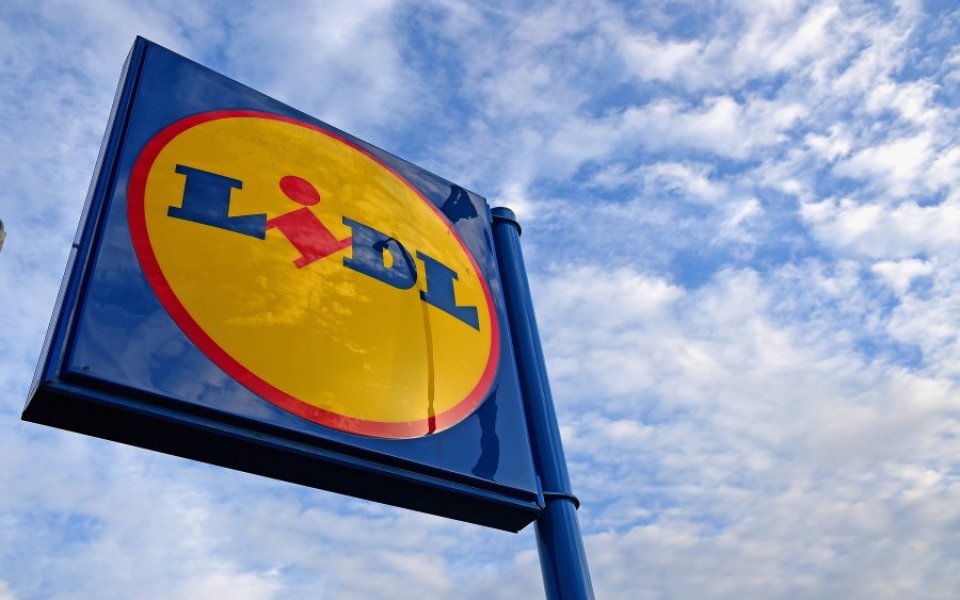How German discounter Lidl became the UK’s fastest growing supermarket

At Lidl on Clapham Road, south London, friends Raquel Zantedeschi and Beatriz Castro are doing their weekend shop together, their baskets filled with fresh produce, meat and Lidl’s own brand cheeses.
Being Italian, Zantedeschi, 35, jokes that she knows her produce: “I personally come here to buy fruit and vegetables that come from Italy and Spain. I prefer them [to other supermarkets] and overall they have a lot of variety of fruit,” she said.
Castro, 52, says she still shops at Sainsbury’s, but only once a month for certain products such as wines when they are on special offer or soya milk.
“I do shop around but there are some specific items we prefer to come here for products like the Parma ham and Feta that is double the price in other supermarkets but exactly the same. They have better prices for the same quality of food,” Castro says.
The queue to pay is almost half the length of store and shopping trolleys are causing a traffic jam in the aisles. It is no wonder then that, with their ever-growing popularity, more than half of UK shoppers now go to Lidl or its discount rival Aldi each month.
According to Kantar Worldpanel, the combined share the retailers reached 10 per cent of the British grocery market for the first time in the 12 weeks to 8 November. Lidl was the fastest growing supermarket during the period, with sales up 19 per cent and its market share hitting a record 4.4 per cent.
The pair have shaken up the supermarket sector with their promise of good quality food at rock bottom prices. Their smaller product range, allowing them to invest in the quality of those products, and focus on own-branded products, has been a key to their success over the big four grocers, who are battling to hold onto their declining market share.
Lidl, City A.M.’s Business of the Year award winner last week, has also been quietly championing British produce. Around £275m of goods including £100m of whisky and £30m of cheese are exported out of the UK every year. As a result, around £2bn of turnover is now derived from British-bought products, equal to half of its UK turnover last year.
Earlier this month, the retailer, owned by private family-owned German group Schwarz, announed ambitious plans to invest over £1.5bn over the next three years as it steps up its expansion. It will roll-out a new greener “store of the future” concept equipped with energy efficient lighting, wider aisles, self check-outs and customer toilets with baby changing facilities.
It has upped its targets to 40-50 openings a year from 30-40 previously and is also capitalising on its growing popularity with Britain’s middle class shoppers, with plans to open 281 stores in the capital in boroughs such as Notting Hill and Mayfair.
With Moody’s predicting that Aldi and Lidl will have 12-15 per cent of the market by 2020, it could be just matter of time before the pair break the ranks of the Big Four. Lidl’s ambitious expansion plans, together with its commitment to the Living Wage Foundations’s rate of £8.20 per hour for its 17,000 workforce, certainly shows the retailer's confidence that it can.